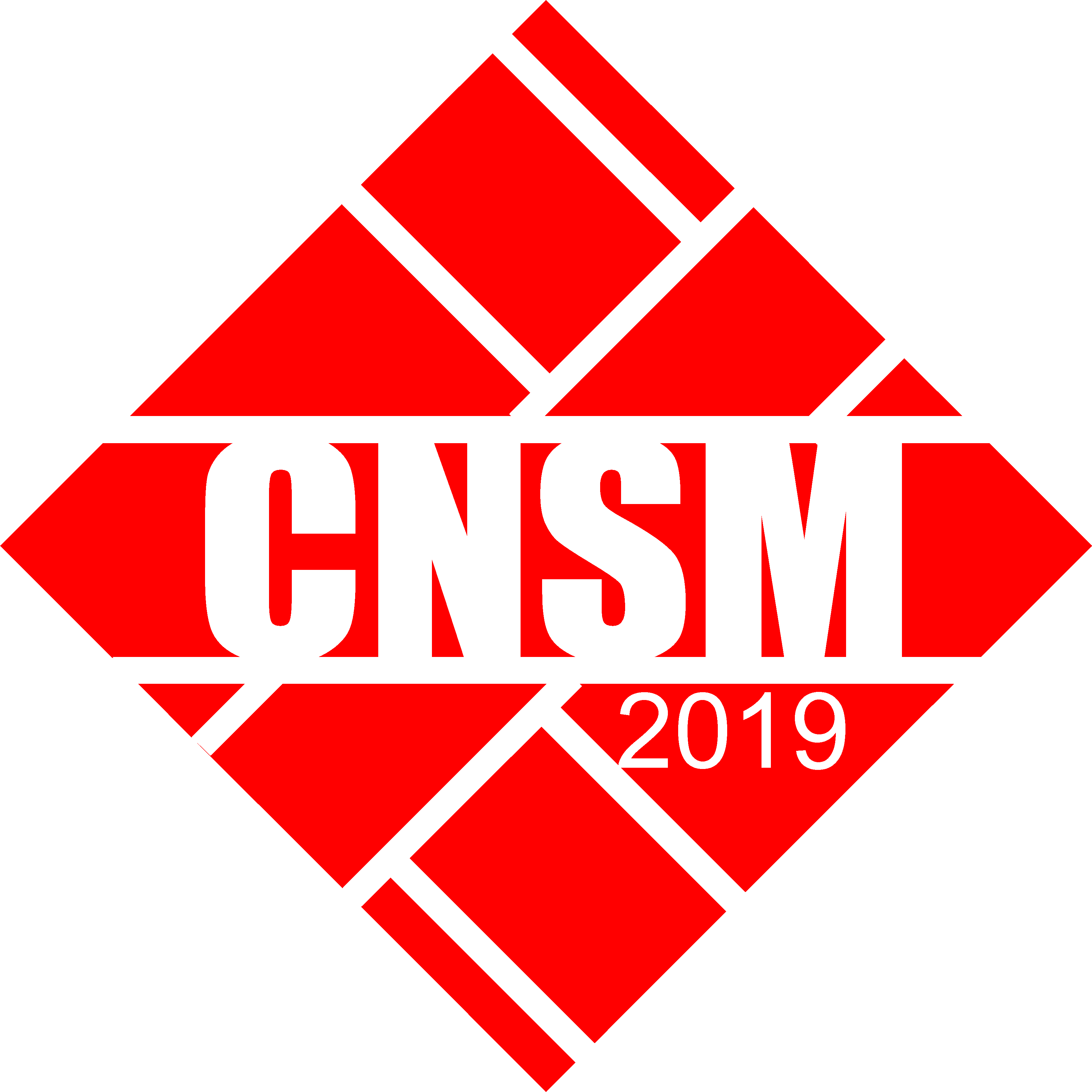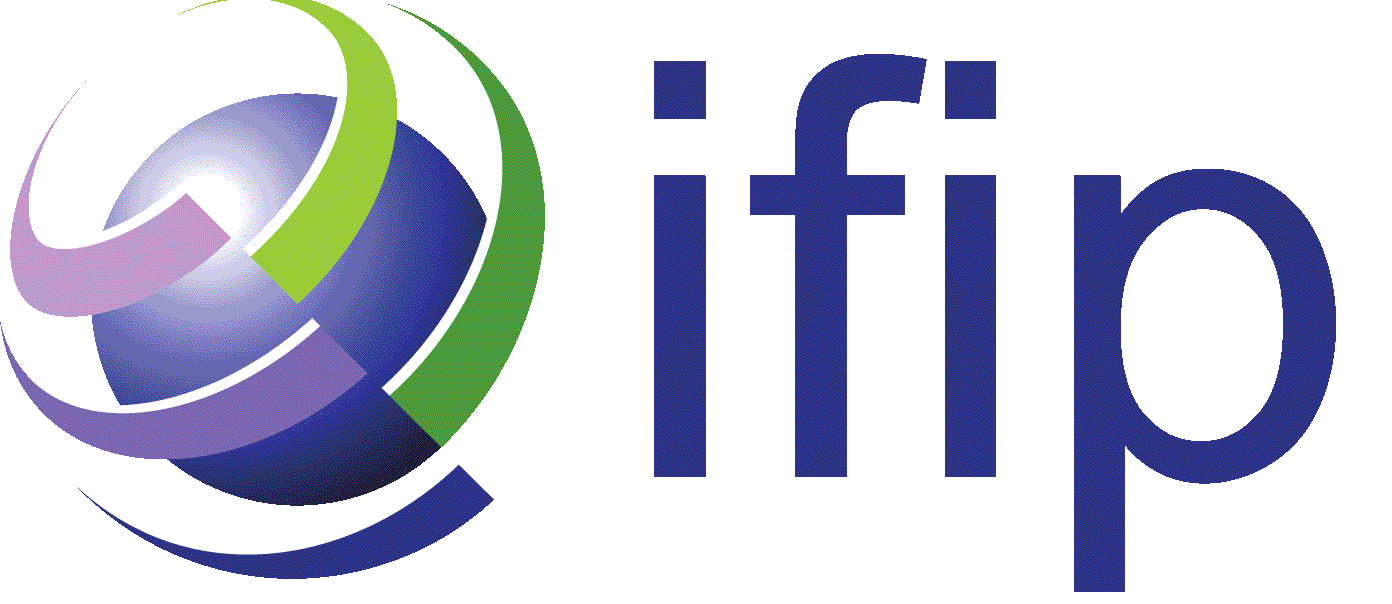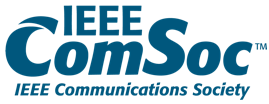2nd Workshop on Segment Routing and Service Function Chaining (SR+SFC 2019)
Scope
Segment Routing and Service Function Chaining represent two of the main novelties in the networking management area. Segment Routing is a new paradigm defined to reduce the complexity of flow based protocols, such as MPLS, and to support new network functions, such as advanced TE solutions and network programmability. Service Function Chaining allows to fully exploit the Network Function Virtualization technology, integrating network routing and service provisioning.
SR and SFC are young technologies with many open problems. These range from the definition of TE algorithms suited to SR/SFC environments, to the deployment of such solutions in real-world scenarios. The Segment Routing and Service Function Chaining (SR+SFC) workshop is an international forum to discuss Segment Routing related technologies and Service Function Chaining advances. The main aim of the workshop is to provide a dynamic environment for sharing ideas and promote collaboration among the SR and SFC communities.
Topics of Interest
Topics of Interest to the workshop include but are not limited to the following:
- Segment Routing architecture
- IPv6 Segment Routing (SRv6)
- Segment Routing use cases
- Segment Routing based traffic engineering
- Management of Segment Routing networks and application
- Implementations of Segment Routing
- SDN for Segment Routing
- Packet-Optical Integration in Segment Routing
- Architecture for Service Function Chaining
- Protocols for Service Function Chaining
- SFC optimization and algorithms
- SFC for network slicing
- SFC standardization
- Segment Routing for SFC
- SFC and SDN interaction
- SFC implementations and testbeds
Submission of Papers
Authors are invited to submit unpublished papers that are not under review elsewhere. Submissions will be selected by the TPC. Regular papers must not exceed 6 pages (IEEE 2-columns format). Short papers / position papers with a length of 2 to 4 pages are also welcome.
Papers have to be submitted electronically in PDF format through the EDAS conference management system, accessible via the following link: https://edas.info/newPaper.php?c=26217
Proposals for oral presentations can also be considered, please contact the workshop organizer.
Important Dates
| Paper Submission: | August 10, 2019 |
| Notification: | September 15, 2019 |
| Camera Ready: | September 23, 2019 |
| Workshop Date: | October 25, 2019 |
Proceedings
Papers accepted and presented at SR+SFC will be published open access on the conference Web site with IFIP copyright, and will be submitted for possible inclusion in IEEE Xplore, ACM and IFIP Digital Libraries. To be published in the Workshop Proceedings and to be eligible for publication, at least one author of an accepted paper is required to register and present the paper at the workshop. The organizer reserves the right to exclude a paper from distribution after the conference (including its removal from IEEE Xplore) if the paper is not presented at the conference.
Workshop Co-Chairs
- Antonio Cianfrani, University of Rome La Sapienza, Italy
- Panagiotis Papadimitriou, University of Macedonia, Greece
- Christian Esteve Rothenberg, University of Campinas, Brazil
- Stefan Schmid, University of Vienna, Austria
TPC Chairs
- Antonio Cianfrani, University of Rome La Sapienza, Italy
- Panagiotis Papadimitriou, University of Macedonia, Greece
Technical Program Committee
- Ahmed Abdelsalam, Gran Sasso Science Institute, Italy
- Mohamed Boucadair, Orange Labs, France
- Roberto Bruschi, CNIT, Italy
- Pablo Camarillo, Cisco Systems, Spain
- Walter Cerroni, University of Bologna, Italy
- Thomas Clausen, Ecole Polytechnique, France
- Yoann Desmouceaux, Ecole Polytechnique, France
- Klaus-Tycho Foerster, University of Vienna, Austria
- Rosario Garroppo, University of Pisa, Italy
- Kostas Katsalis, Huawei, Germany
- Lefteris Mamatas, University of Macedonia, Greece
- Francesco Paolucci, Scuola Superiore Sant'Anna, Italy
- Marco Polverini, University of Rome La Sapienza, Italy
- Christian Esteve Rothenberg, University of Campinas, Brazil
- Stefano Secci, CNAM, France
- Massimo Tornatore, Politecnico di Milano, Italy
- Pier Luigi Ventre, University of Rome Tor Vergata, Italy




